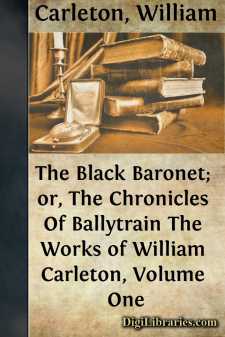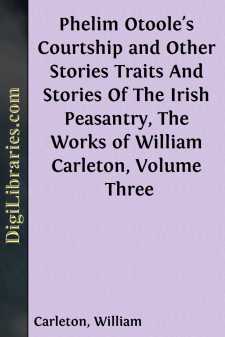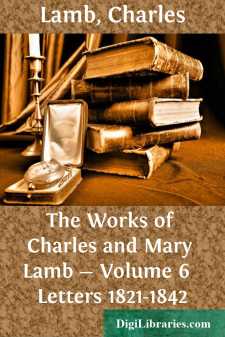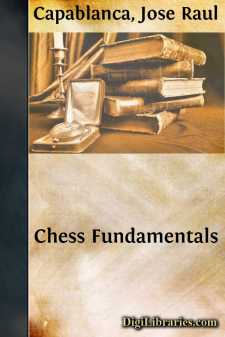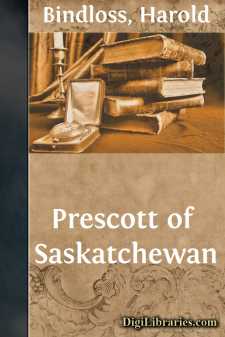Categories
- Antiques & Collectibles 13
- Architecture 36
- Art 48
- Bibles 22
- Biography & Autobiography 813
- Body, Mind & Spirit 142
- Business & Economics 28
- Children's Books 17
- Children's Fiction 14
- Computers 4
- Cooking 94
- Crafts & Hobbies 4
- Drama 346
- Education 46
- Family & Relationships 57
- Fiction 11829
- Games 19
- Gardening 17
- Health & Fitness 34
- History 1377
- House & Home 1
- Humor 147
- Juvenile Fiction 1873
- Juvenile Nonfiction 202
- Language Arts & Disciplines 88
- Law 16
- Literary Collections 686
- Literary Criticism 179
- Mathematics 13
- Medical 41
- Music 40
- Nature 179
- Non-Classifiable 1768
- Performing Arts 7
- Periodicals 1453
- Philosophy 64
- Photography 2
- Poetry 896
- Political Science 203
- Psychology 42
- Reference 154
- Religion 513
- Science 126
- Self-Help 84
- Social Science 81
- Sports & Recreation 34
- Study Aids 3
- Technology & Engineering 59
- Transportation 23
- Travel 463
- True Crime 29
Fardorougha, The Miser The Works of William Carleton, Volume One
by: William Carleton
Categories:
Description:
Excerpt
PART I.
Fardorougha, the Miser.
It was on one of those nights in August, when the moon and stars shine through an atmosphere clear and cloudless, with a mildness of lustre almost continental, that a horseman, advancing at a rapid pace, turned off a remote branch of road up a narrow lane, and, dismounting before a neat whitewashed cottage, gave a quick and impatient knock at the door. Almost instantly, out of a small window that opened on hinges, was protruded a broad female face, surrounded, by way of nightcap, with several folds of flannel, that had originally been white.
"Is Mary Moan at home?" said the horseman.
"For a miricle-ay!" replied the female; "who's down, in the name o' goodness?"
"Why, thin, I'm thinkin' you'll be smilin' whin you hear it," replied the messenger. "The sorra one else than Honor Donovan, that's now marrid upon Fardorougha Donovan to the tune of thirteen years. Bedad, time for her, anyhow,—but, sure it'll be good whin it comes, we're thinkin'."
"Well, betther late than never—the Lord be praised for all His gifts, anyhow. Put your horse down to the mountin'-stone, and I'll be wid you in half a jiffy, acushla."
She immediately drew in her head, and ere the messenger had well placed his horse at the aforesaid stirrup, or mounting-stone, which is an indispensable adjunct to the midwife's cottage, she issued out, cloaked and bonneted; for, in point of fact, her practice was so extensive, and the demands upon her attendance so incessant, that she seldom, if ever, slept or went to bed, unless partially dressed. And such was her habit of vigilance, that she ultimately became an illustration of the old Roman proverb, Non dormio omnibus; that is to say, she could sleep as sound as a top to every possible noise except a knock at the door, to which she might be said, during the greater part of her professional life, to have been instinctively awake.
Having ascended the mounting-stone, and placed herself on the crupper, the guide and she, while passing down the narrow and difficult lane, along which they could proceed but slowly and with caution, entered into the following dialogue, she having first turned up the hood of her cloak over her bonnet, and tied a spotted cotton kerchief round her neck.
"This," said the guide, who was Fardorougha Donovan's servant-man, "is a quare enough business, as some o' the nabors do be sayin—marrid upon one another beyant thirteen year, an' ne'er a sign of a haporth. Why then begad it is quare."
"Whisht, whisht," replied Molly, with an expression of mysterious and superior knowledge; "don't be spakin' about what you don't understand—sure, nuttin's impossible to God, avick—don't you know that?"
"Oh, bedad, sure enough—that we must allow, whether or not, still—"
"Very well; seein' that, what more have we to say, barrin' to hould our tongues. Children sent late always come either for great good or great sarra to their parents—an' God grant that this may be for good to the honest people—for indeed honest people they are, by all accounts....




